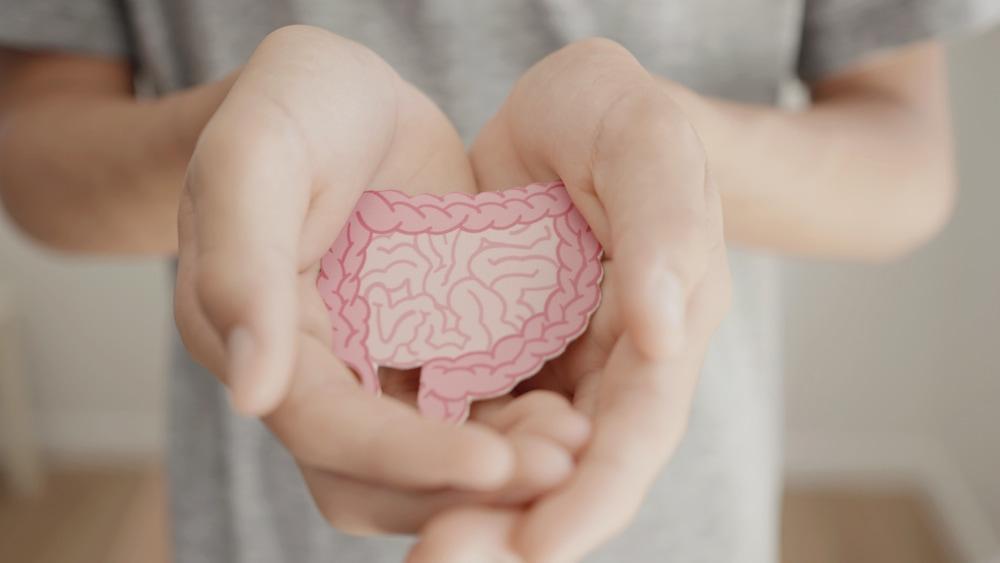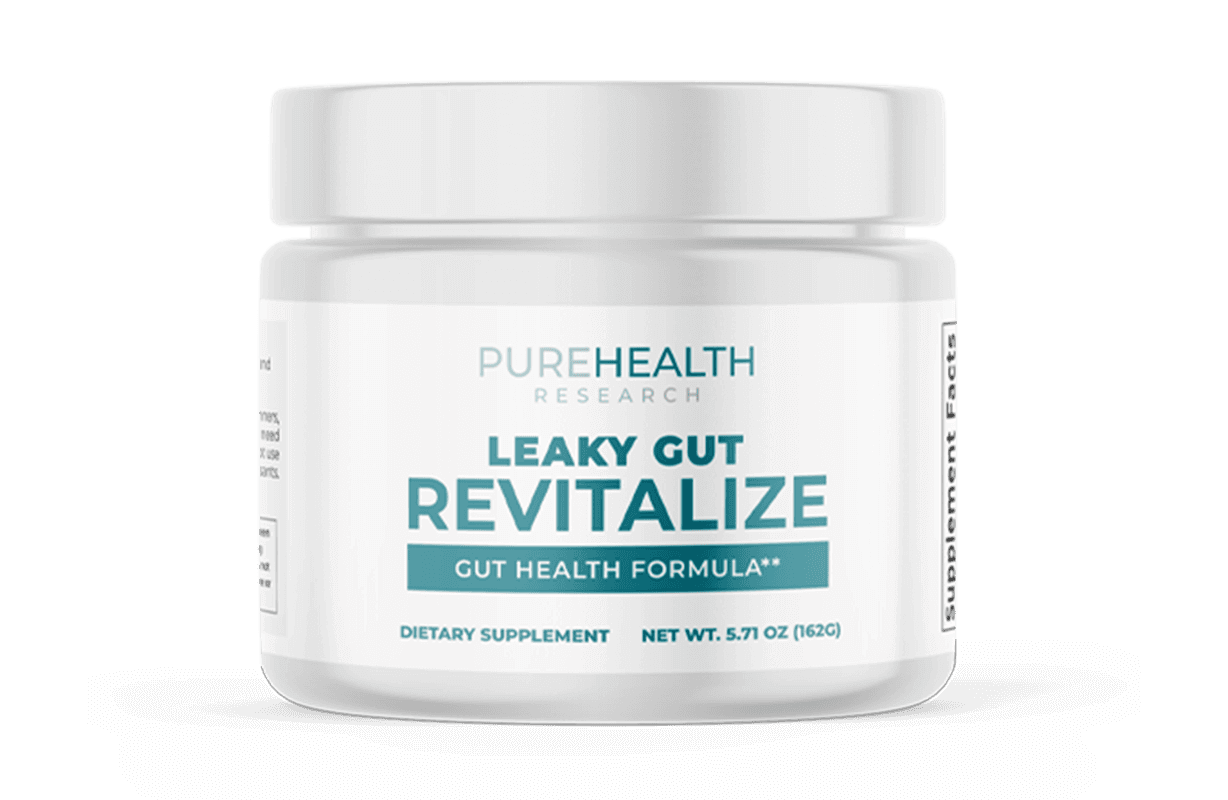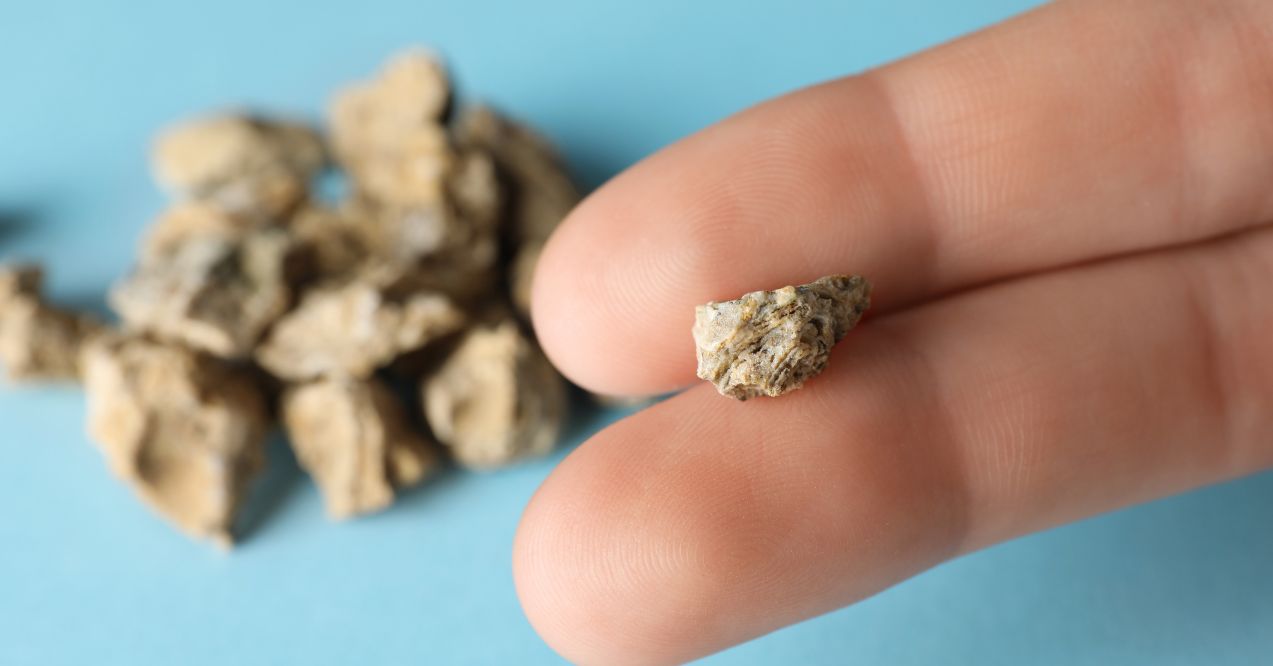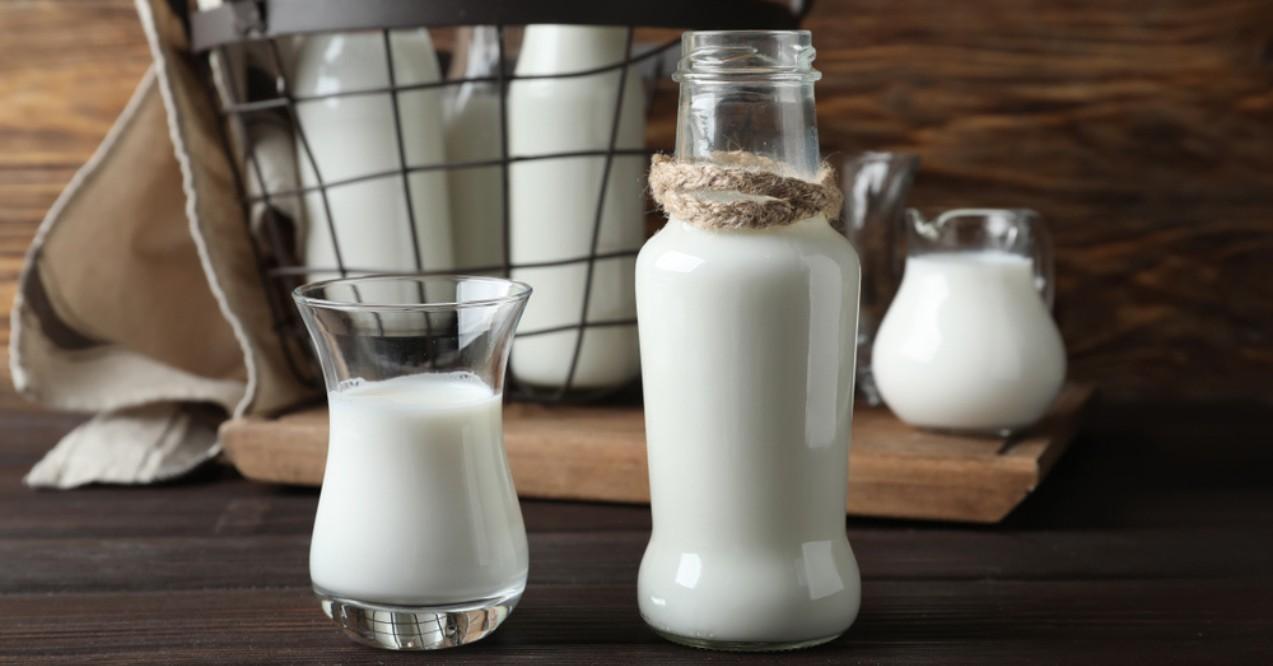How to Fix Your Leaky Gut: 8 Tips
Medically reviewed by our experts


Let’s talk about how to fix a leaky gut. Do you often experience bloating, gas, constipation, diarrhea, abdominal pain, or indigestion? How about sensitivity towards certain foods, particularly those that are difficult to digest, such as gluten or dairy?
Gastrointestinal issues can be frustrating and uncomfortable. However, you are not alone. They are actually quite common. According to the World Gastroenterology Organization, gastrointestinal (GI) disorders affect an estimated 25% of the global population.
There are many different causes of gastrointestinal issues, and you can often manage them with the right approach.
Remember, taking care of your digestive health is vital for your overall well-being. Don’t be afraid to seek help if you need it, and keep in mind that with the right approach, you can successfully manage many gastrointestinal issues. In this article, we’ll discuss what leaky gut is and how to fix it.
What Is a Leaky Gut?
Before we discuss how to fix a leaky gut, let’s get definitions right. The term “leaky gut” refers to a condition in which the lining of the small intestine becomes more permeable than it should be. Typically, the lining acts as a barrier, allowing the absorption of nutrients into the body while keeping harmful substances out.
However, when the small intestine’s lining becomes “leaky,” toxins, bacteria, and undigested food particles can pass through into the bloodstream. This can cause inflammation and trigger an immune response, leading to various health problems such as digestive issues, food sensitivities, fatigue, joint pain, and even autoimmune disorders.
Factors contributing to a leaky gut include a poor diet, stress, certain medications, and infections. Making changes to your diet and lifestyle can often help improve this condition.
Signs of a Leaky Gut
The symptoms of a leaky gut vary widely and may be similar to those of other digestive conditions. Some common complaints of people with leaky gut include:
- Bloating, gas, constipation, diarrhea, abdominal pain, and indigestion;
- Sensitivity to certain foods, notably those hard to digest, such as gluten, dairy, or high-FODMAP foods;
- Fatigue, brain fog, or difficulty concentrating;
- Skin issues, such as eczema, psoriasis, or acne;
- Joint pain or stiffness;
- Autoimmune disorders, such as rheumatoid arthritis, lupus, and multiple sclerosis.
While leaky gut can be a challenging condition to manage, many approaches are effective in reducing symptoms and improving overall health.
How to Fix Your Leaky Gut Naturally


Natural fixes for leaky gut can be an effective and safer alternative to medications for promoting gut health and healing intestinal permeability. Many medicines used to treat leaky gut can bring adverse side effects, and some may even contribute to gut dysbiosis and further exacerbate the condition. Wondering how to fix leaky gut naturally? Here are some solutions to consider.
1. Focus on a Healthy Diet


Here’s how to stop leaky gut, and it’s easier than you think. Eating a healthy diet is essential for overall health and well-being and can have a significant impact on the prevention and management of many chronic diseases, including leaky gut.
A healthy diet should be rich in a variety of nutrient-dense foods that provide the body with the energy and building blocks it needs to function optimally.
Some critical components of a healthy diet include plenty of fruits and vegetables, which provide a wide range of vitamins, minerals, and antioxidants that help support immune function and reduce inflammation.
Lean protein sources like chicken, fish, and legumes provide essential amino acids that help build and repair tissues. At the same time, healthy fats like avocados, nuts, and olive oil provide important nutrients and support brain and heart health.
2. Add in Gut-Healing Foods


Fermented foods like yogurt, kefir, sauerkraut, kimchi, and miso contain beneficial bacteria that help support gut health and reduce inflammation. Prebiotic-rich foods like onions, garlic, leeks, asparagus, and bananas are rich in fibers that feed the beneficial bacteria in the gut microbiome.
Vegetables and fruits are also excellent sources of fiber, vitamins, and antioxidants that help support gut health and reduce inflammation. Dark leafy greens, berries, cruciferous vegetables like broccoli and cauliflower, and root vegetables like sweet potatoes and carrots are all great choices.
3. Use Gut-Healing Supplements
While it is generally a good idea to obtain nutrients from whole foods whenever possible, there are many situations where supplements may be helpful for supporting gut health. If you have a hard time getting enough nutrients from your diet, then Dr. Holly Lucille’s recommended Leaky Gut Revitalize created by PureHealth Research, is a useful addition to your gut-healing regimen.
The best supplements for gut health and digestion are a convenient and efficient way to obtain certain nutrients, particularly if you have a busy schedule or limited access to fresh foods. Additionally, some supplements are formulated specifically for gut health and may contain a combination of ingredients that work synergistically to support healing and reduce inflammation.
4. Add in Prebiotic Foods


Prebiotic foods are an essential component of a healthy diet for individuals with a leaky gut. These foods contain fiber that is indigestible by the human body, but which serves as food for the beneficial bacteria in the gut microbiome. By feeding these beneficial bacteria, prebiotic foods help promote gut health and reduce symptoms of leaky gut.
Both garlic and onion contain high amounts of inulin, a prebiotic fiber that helps promote the growth of beneficial bacteria in the gut. In addition to their prebiotic properties, garlic and onion also contain anti-inflammatory compounds that can help reduce inflammation in the stomach and promote healing of the intestinal lining.
5. Reduce Stress


While the exact causes of a leaky gut are not well understood, evidence suggests that stress can contribute to the development and exacerbation of leaky gut. Chronic stress has been shown to impair gut function and increase intestinal permeability, which can contribute to a leaky gut. Anxiety can also disrupt the balance of bacteria in the gut microbiome, which can lead to inflammation and further damage to the intestinal lining.
While it may be difficult to eliminate stress from your life completely, there are steps you can take to reduce its impact on your gut health. They may include practicing stress-reducing techniques such as mindfulness meditation, yoga, or deep breathing exercises.
6. Get Enough Sleep


One study published in the journal Sleep Medicine found that individuals who slept less than six hours per night were likelier to have increased intestinal permeability and higher levels of inflammatory markers in their blood.
Another study published in the Journal of Clinical Gastroenterology found that individuals with sleep disturbances were more likely to have symptoms of irritable bowel syndrome. This condition has very strong links to leaky gut.
Sleep is important for a range of bodily functions, including the regulation of the immune system and the maintenance of the gut microbiome. When we don’t get enough sleep, our immune system may become compromised, and our gut microbiome may become imbalanced, leading to inflammation and damage to the intestinal lining. So if you’re wondering if rest is the answer to how to fix a leaky gut, you’re absolutely right.
7. Avoid Antibiotics


While antibiotics can be effective at treating bacterial infections, they can also have damaging effects on the gut microbiome, which can contribute to the development and exacerbation of leaky gut. Antibiotics work by killing both harmful and beneficial bacteria in the stomach, which can disrupt the delicate balance of the gut microbiome and lead to dysbiosis, or an imbalance of gut bacteria.
Dysbiosis can lead to inflammation in the gut, which can increase intestinal permeability and contribute to it becoming leaky. In addition, the overgrowth of harmful bacteria that can occur after a course of antibiotics can also produce toxins that can damage the intestinal lining and further increase permeability.
8. Avoid Alcohol


Alcohol can be detrimental to gut health and contribute to leaky gut development and exacerbation. Alcohol disrupts the gut microbiome, resulting in dysbiosis, which can increase inflammation and contribute to intestinal permeability.
Alcohol can also directly damage the cells that make up the intestinal lining, causing inflammation and weakening the barrier that separates the gut from the bloodstream. This damage can lead to an increase in intestinal permeability and the entry of harmful substances into the bloodstream, which can trigger an immune response and contribute to a range of health issues.
Final Thoughts


Leaky gut can be a complex and frustrating ailment to live with, and it can affect many different aspects of a person’s life. In addition to the physical symptoms mentioned earlier, the condition can significantly impact a person’s emotional well-being, social life, and overall quality of life.
If you are distressed and wondering how to repair a leaky gut, be kind to yourself and seek out support from healthcare professionals, family, and friends. There are many different approaches to managing the situation, and with the proper support and resources, it is possible to improve your symptoms and overall quality of life.
Leaky gut, or increased intestinal permeability, occurs when the lining of the small intestine becomes overly permeable, allowing toxins, bacteria, and undigested food particles to enter the bloodstream. Symptoms include gastrointestinal issues like bloating, gas, and abdominal pain, food sensitivities, fatigue, brain fog, skin problems, joint pain, and potentially autoimmune disorders.
You can naturally improve leaky gut by focusing on a healthy diet rich in nutrient-dense foods, incorporating gut-healing foods like fermented and prebiotic-rich foods, and using gut-healing supplements. Additionally, reducing stress, getting enough sleep, avoiding antibiotics and alcohol, and managing overall lifestyle choices can support gut health and reduce symptoms.
To help with leaky gut, consume a diet rich in fruits, vegetables, lean proteins, and healthy fats. Include fermented foods like yogurt and kefir for beneficial bacteria, and prebiotic foods like garlic and onions to nourish gut microbiota. Avoid processed foods, excessive sugar, and alcohol, which can contribute to gut dysbiosis and increased intestinal permeability.
Popular Articles
Advertisement. This site offers health, wellness, fitness and nutritional information and is designed for educational purposes only. You should not rely on this information as a substitute for, nor does it replace, professional medical advice, diagnosis, or treatment. If you have any concerns or questions about your health, you should always consult with a physician or other health-care professional. Do not disregard, avoid or delay obtaining medical or health related advice from your health-care professional because of something you may have read on this site. The use of any information provided on this site is solely at your own risk.












